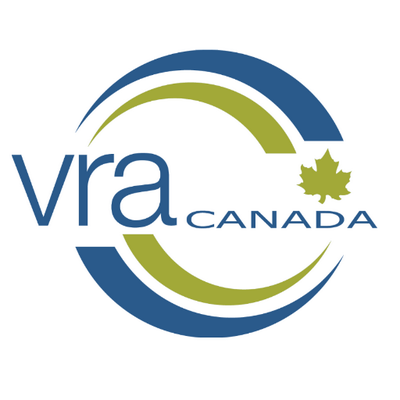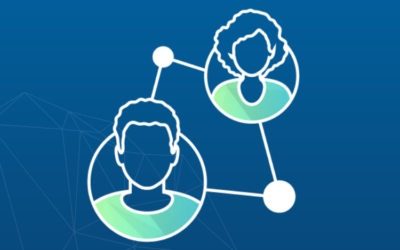As vocational rehabilitation practitioners, we strive to deliver the most effective services for all our clients, regardless of their dis/ability, and their summative life experience. To do this we need to follow the Platinum rule: “treat others as they want to be treated”. By doing this we work from a place of real respect, empathy, and curiosity, and subsequently from understanding. Our trans and non-binary clients may present for vocational services with barriers to employment that stem from the stigma, ignorance, and inexperience of employers, families, unions, and communities. It is hoped this presentation will provide learners with the opportunity to increase one’s ability to apply the Platinum rule with trans and non-binary clients thereby improving service – and outcomes – for this community.
Session learning objectives
- Define the terms “gender identity”, “gender expression” as well as “sexual orientation’”
- Differentiate the terms binary and non-binary with reference to sex, gender, and sexuality
- Be able to complete the worksheets from the Gender Unicornaccurately, and feel confident explaining the contents
- Recognize the impact of discrimination on trans and non-binary people, and how this creates myriad challenges to the achievement of employment goals
- Identify a range of practical tools practitioners can use to improve service quality to trans and non-binary clients
Presented by Claire Benson-Mandl


